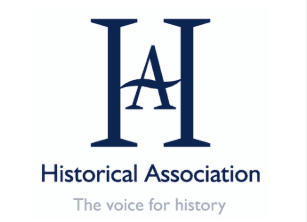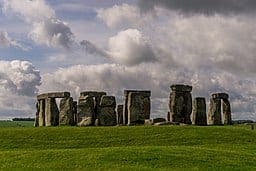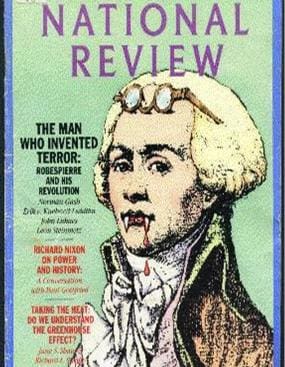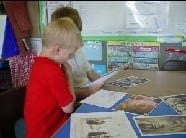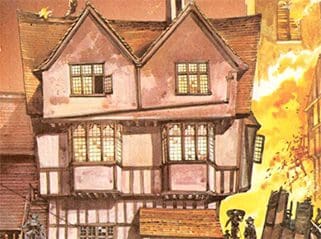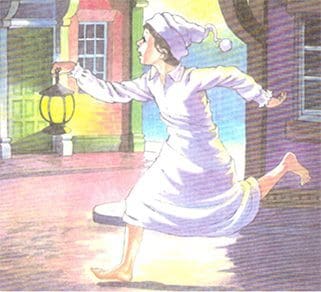
One of the hardest jobs for a history subject leader in primary schools is to build up a clear idea of what it is that makes the biggest impact on standards in history. All subject leaders I know work hard and want to do their best for the pupils and their teaching team. They nearly all make a good job of the activities they undertake, especially in terms of resourcing. Quite often, however, they focus on what they can do-the quick fixes- rather than on what needs to be done. They do things right: but not always do the right things.
Its probably helpful to break down the various facets of the role:
Knowing about standards: use the judging pupils’ work in the Assessment and Progression section of this site to see what national expectations look like for work on popular topics
Promoting an effective learning environment: how is display used as a learning resource rather than just adornment?
Supporting colleagues with detailed and well-resourced plans which still allow scope for staff to develop their own ideas
Looking at pupils’ work, across the school and across classes within a year group
Working out whether pupils are making the progress they should, including those with SEN and the Gifted and Talented
Identifying how to help staff with their expertise in teaching history and working with year teams when they are planning.
Strengthening the resources so that they support the teaching objectives and not just the content.: Try the seven-folder approach
Sharpening the long and medium-term planning so that pupils develop good conceptual understanding and that objectives make increasing demands on the pupils as they move through the school so that there is clear evidence of progression
Forward planning to ensure that the quality of pupils’ outcomes and experiences continue to improve
I have deliberately not mentioned observing teaching as schools have very different attitudes to this. What I would say is that you only really know what its like for pupils to experience history if you visit the classrooms when it is being taught. So its not about judging the teacher, more about what the pupil experience is like. How could it be improved if I offered more support in particular areas.
I have given just a very brief line or two in response to these prompts. A much more detailed set of guidance, with plenty of practical examples drawn from over 60 inspections of primary history, will be available shortly as a downloadable file in the leadership section . If you are a member and would like a preview of the draft of the article please contact me.

